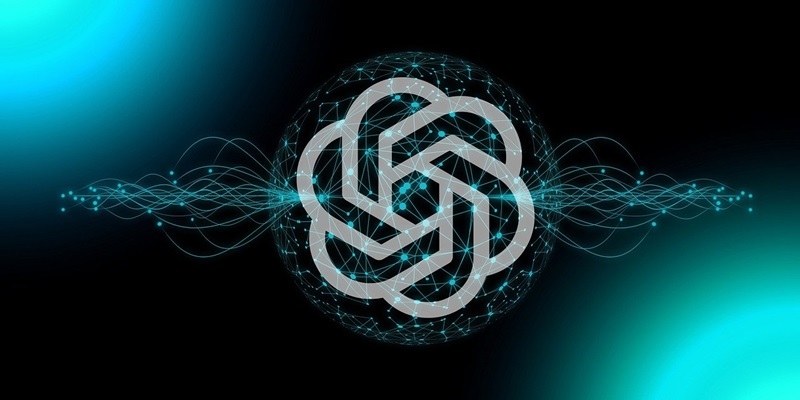Data privacy has become a critical concern in the digital age, especially in the European Union (EU) with its stringent data protection laws. In a recent development, Italy’s data privacy regulator, known as the Italian Garante, has alleged that OpenAI’s ChatGPT artificial intelligence (AI) platform violates the EU’s data protection laws. This accusation raises important questions about the responsibilities of AI developers to safeguard users’ personal information.
Temporary Ban and Addressing Concerns
The Italian Garante had previously imposed a temporary ban on OpenAI’s ChatGPT platform to address concerns regarding compliance with data protection regulations. The ban was lifted after OpenAI took steps to address these concerns, demonstrating the company’s willingness to cooperate with regulators and adhere to privacy standards.
Alleged Breaches and Deadline
Despite OpenAI’s efforts to address the initial concerns, the Italian Garante has now taken further action, alleging additional breaches of data protection laws. OpenAI has been given a 30-day deadline by the regulator to rectify these alleged breaches. This deadline puts pressure on OpenAI to review its data handling practices and ensure compliance with EU regulations.
The Role of the Italian Garante
The Italian Garante has emerged as one of the EU’s busiest privacy watchdogs, actively assessing the risks posed by AI technologies. The previous ban on OpenAI’s ChatGPT platform marked a significant milestone in the regulator’s actions to safeguard users’ rights and create a safer digital environment within Italy. Its continuous efforts demonstrate the Garante’s commitment to enforcing privacy regulations in the country and beyond.
Impact of the Ban
Last year’s ban on OpenAI’s ChatGPT platform was a notable move that forced the company to address the issue of user consent and personal data usage. Consent is a fundamental principle in data protection, and the ban highlighted the significance of respecting users’ rights to decline consent or control how their personal information is used. It emphasized the need for AI developers to prioritize privacy and data protection while developing and deploying their platforms.
GDPR and Potential Consequences
The Italian Garante’s actions against OpenAI are rooted in the EU’s General Data Protection Regulation (GDPR). The GDPR grants regulatory authorities the power to impose fines of up to 4% of a company’s global turnover (revenue) for non-compliance. This potential consequence should serve as a stern reminder to AI developers and tech companies about the seriousness of data protection laws in the EU and the potential financial impact of violating those regulations.
Expert Opinion
Var Shankar, the executive director of the Responsible AI Institute, weighs in on Italy’s recent move and its implications. Shankar acknowledges the far-reaching implications of the Italian Garante’s action, emphasizing the focus on how OpenAI utilizes private information. This viewpoint highlights the importance of responsible data handling practices by AI companies and the need to prioritize user privacy.
OpenAI’s Defense
OpenAI, in response to the allegations, has defended its practices, asserting that they align with existing EU privacy laws. The company’s commitment to privacy and its willingness to work constructively with the Italian Garante to address the allegations demonstrate a desire to resolve the concerns raised and ensure compliance with relevant regulations.
Italy’s data privacy regulator, the Italian Garante, has once again taken action against OpenAI, alleging breaches of EU data protection laws in relation to the ChatGPT platform. This move not only highlights the significance of privacy concerns within the AI industry but also underscores the role of regulators in enforcing data protection regulations. OpenAI now faces a 30-day deadline to address the alleged breaches, and the potential consequences of non-compliance loom large. As AI continues to advance, it becomes crucial for developers and companies to prioritize user privacy and work alongside regulators to establish robust data protection practices. The outcome of this case will undoubtedly have ripple effects on the AI industry and set precedents for future data protection enforcement actions.

